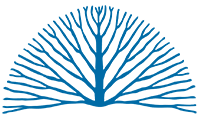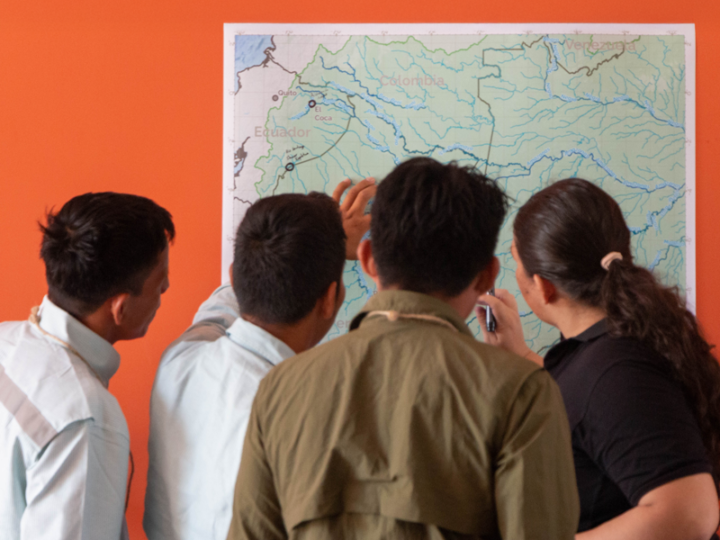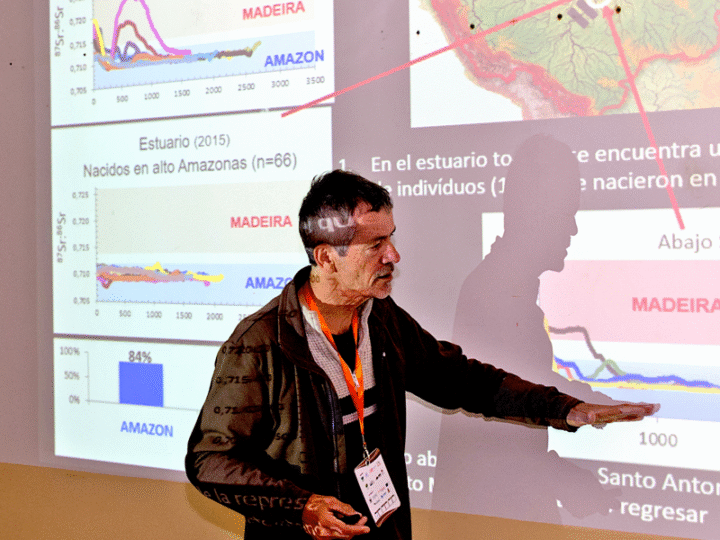With the active participation of 61 fishers from Bolivia, Brazil, Colombia, Ecuador, and Peru — representing 27 associations —and the support of 13 technical organizations, the first cycle of the Knowledge Dialogues came to a close. This initiative by the Amazon Waters Alliance that set out to raise awareness and foster discussion about fisheries in the Amazon Basin. This space for exchange among fishery, scientists, technicians, and fishery authorities has opened the door to a new phase of regional fisheries governance, grounded in local knowledge, cross-border collaboration, and community-driven solutions.

Fifth Dialogue of Knowledge, Brasilia. © Alianza Aguas Amazónicas
Over the course of more than a year, five dialogues held in different Amazonian countries allowed participants to share experiences, bring visibility to their daily struggles, and propose concrete strategies to tackle shared challenges such as overfishing, climate change, and river pollution.

Second Dialogue of Knowledge Huacho Perú. © Mariana Moscoso / Alianza Aguas Amazónicas.
From the first meeting in Santa Marta (Colombia) to the closing in Brasilia (Brazil), a collaborative network took shape, yielding tangible results and commitments made by the fishers themselves.
Among the most significant outcomes is the Brasília Letter, a document collectively developed by representatives of Brazilian fishing communities that outlines principles and concrete actions for the government to support participatory fisheries management in Brazil through public policy. This letter was handed over directly by the fishermen to the relevant national authorities.
This cycle was also crucial for highlighting the central role that fishers play in Amazon conservation. Beyond being heard, they were protagonists in exchanging knowledge and generating proposals with the potential to scale to other parts of the Basin. In territories connected by a shared freshwater system, their voices came together to build a common agenda that reflects the region’s cultural and ecological diversity.

First Dialogue of Knowledge Santa Marta, Colombia. © Jefferson Grisales / WCS
The Knowledge Dialogues also strongly promoted the integration of gender perspectives into fishery management. In every meeting, the need to recognize the role of women in all stages of the fishing chain — from catch to commercialization and resource management — was emphasized. Their active participation is essential for achieving a truly equitable and sustainable fishery.

First Dialogue of Knowledge, Santa Marta Colombia. © Jefferson Grisales / WCS
With the support of organizations such as WCS, MOORE, USAID, Tropenbos, FAO, WWF, AUNAP, TNC, Ecoporé, Instituto Juruá, CTI e IBC, strong alliances have been built among diverse actors who share a common vision: to ensure the sustainability of fishery resources through a participatory, inclusive approach rooted in the knowledge of those who live from and with the rivers.
Although this first cycle has come to an end, the Knowledge Dialogues remain a living platform. The process continues, driven by the commitment of communities and the strength of the alliances forged. Because conserving the rivers of the Amazon is not only a technical task — it is a collective action that begins by listening to and trusting those who have cared for these territories for generations.
Read more on the Knowledge Dialogues









